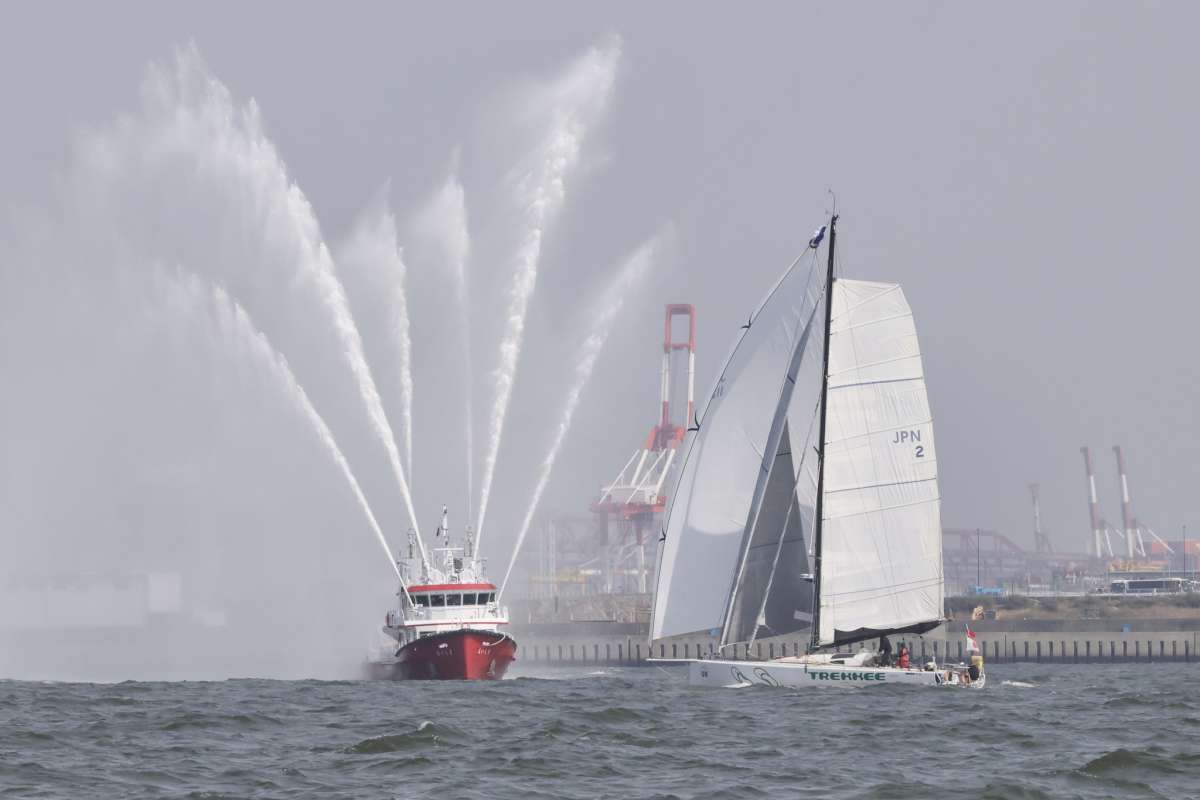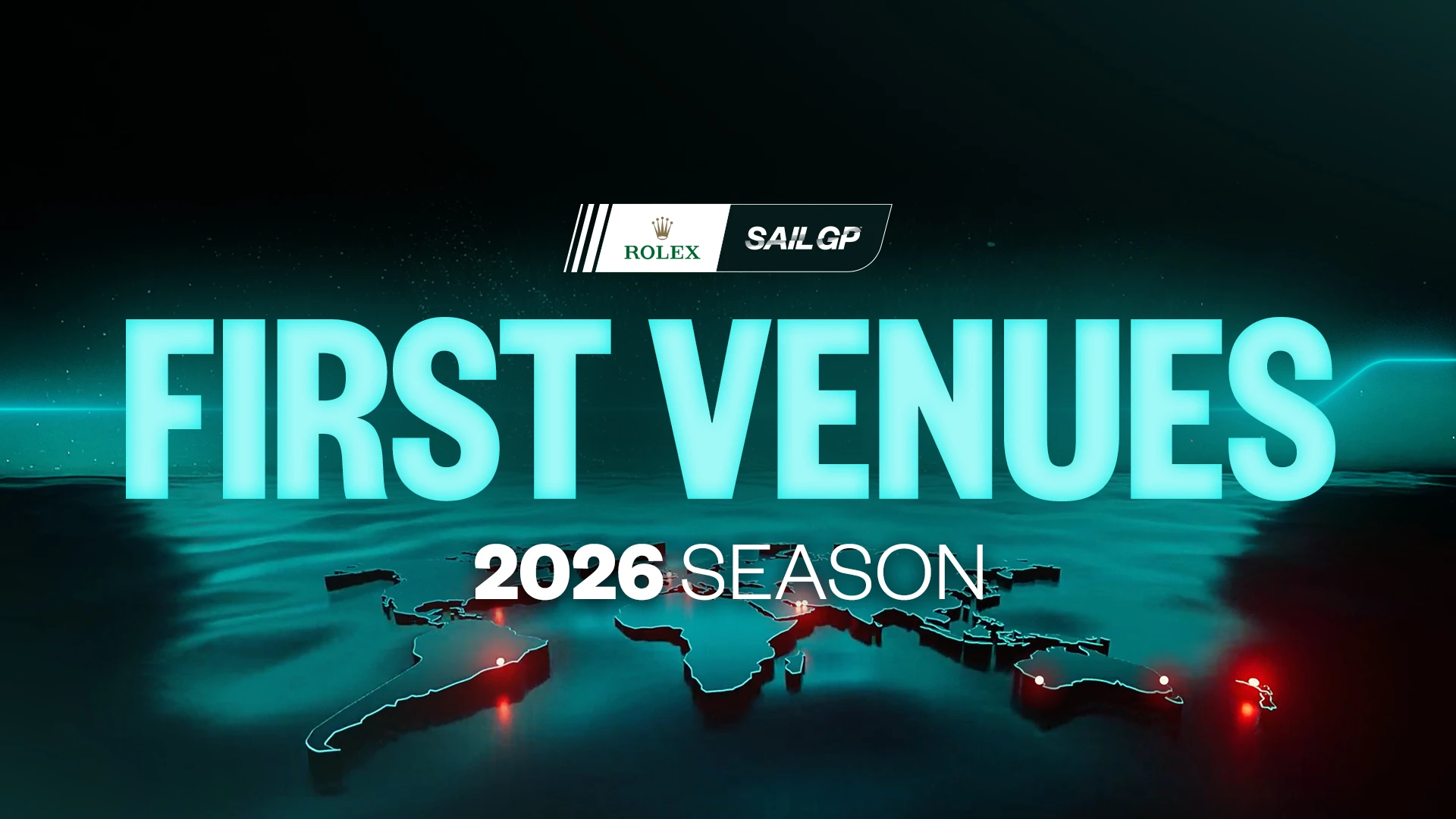YA/RYA UPDATE
A long engagement rather than a quick marriage between the two associations, seems to be the case, reports Jim Murrant.
Almost a year has elapsed since the Royal Yachting Association (RYA) signed what could be called a truce with the local industry. So I thought it a good time to try to get a The answer is . . . not a lot. There has been some movement forward and some of that may have been announced when this article is read. But while there is a consensus to agree, and there are memorandums of understanding, nothing concrete has come.
What has been achieved is that the original cries of outrage from the local sailing schools have tapered off, and the agreement signed in July last year has satisfied many of the locals’ fears. So, the two ‘sides’ have settled down and learned to live with each other.
What has undoubtedly happened, though, is that the RYA has been a catalyst which has sparked reaction from not only the Australian sailing schools, but Yachting Australia, the various State yachting organisations and the relevant State regulatory authorities. NSW and Queensland, in particular, are keen for uniform change, when it eventually arrives.
The biggest single plus, from the Australian point of view, is that the Yachtmaster Offshore ticket will be issued jointly by YA and the RYA and will be recognised world-wide. This opens the employment doors for those Australians who want to work in other countries.
The biggest single minus, mentioned by almost everyone I spoke to, is that Australia is suffering from a severe shortage of Yachtmaster instructors. Some say as many as 50 to 60 are needed right now.
Veteran sailing school principal Terry Wise, now a consultant to the school he started, Pacific Sailing School based at the Cruising Yacht Club of Australia, believes the local industry has come out of it well.
‘A student can now complete his or her course at a local school, take the exam direct with the MCA (Maritime and Coastguard Agency UK) and have an internationally recognised ticket at a reasonable cost,’ he said. ‘Most importantly, the local schools train students from early childhood, which the RYA does not do. It is interested only in the senior end of the market, which is the market we have developed.’
When the RYA first arrived in Australia, said Terry, the then Australian Yachting Federation (now Yachting Australia) was in disarray, having failed adequately to address the training issue.
Terry formed the Commercial Australian Sailing Schools Association to put the case for all the local schools. As chairman, he helped arrive at last year’s agreement, which the industry hopes will be ratified soon. A critical part of this agreement is that the RYA may not expand beyond the 14 or 15 schools now using its system.
Not all local operators are as sanguine as Terry. Andy Fairclough, director of Flying Fish Australia, which teaches both systems, says there should be parity between the tickets, that the parity needs to be built into the memorandum of understanding which now governs the relationship between the authorities and the schools, and that the recognised ticket should be all that would be needed for the holder to be endorsed for commercial work.
‘I don’t want to see some variation on the present nonsensical system of the sail qualification being a variant of the Master Class V, such as master class V (sail),’ he said. ‘The qualifications of Coxswain and Master V have nothing to do with sail, and many of the sections of those courses are absolutely irrelevant to sail. They are fine if you want to skipper a ferry, but useless on a yacht.’
I spoke at length to a NSW Maritime Authority official who has a great deal of input into the endorsement situation.
Beverley Bragg examines every NSW candidate for Master Class V under the present system. She confirmed that NSW and Queensland wanted to agree on uniformity, and wanted the other States to do the same. ‘Achieving uniformity is like herding cats,’ she said.
But, she said, NSW and Queensland leaned towards the idea that the qualification should be a variant of the Master Class V.
‘Recognition of previous learning is set in concrete,’ she said. ‘In those cases, we would conduct a two-hour assessment. But otherwise we would want evidence of, say, 300 days of sea service and course completion in such things as radio, maintenance, sea survival, radar and first aid.’
The CEO of Yachting Australia, Phil Jones, was upbeat. There was to be an announcement in ‘several weeks’’ time, but in the meantime there is progress. He could not say, yet, what that announcement was going to be, but the area where progress had been made was on a national standard for the Yachtmaster qualification, and movement towards what the ticket would allow a Yachtmaster to command commercially. That would appear to be somewhat on the lines of yachts to a maximum of 24 metres carrying 12 or 13 passengers and not carrying cargo.
My private hope is that the ludicrous, and generally ignored, by-product of different State regulations is that a sailing school vessel travelling from NSW to Queensland should, to be legal, stop at the border, be inspected to see that it meets Queensland’s standards and then can reload its passengers for what amounts to a separate journey to its destination. This wouldn't happen if uniformity was reached.
My last interviews were with people most affected by the present changes ‘ a sailing school operating under the RYA system and a Master Class V who is also a Yachtmaster instructor.
Mike Job operates the successful Southern Cross sailing school out of Manly Harbour on Moreton Bay in Queensland. The main attraction of the RYA to him was the portability of their ticket because of its international recognition.
‘We deal with what is now called the RYA tourist. It is not unheard of for a student to do his or her competent crew in the UK, inshore skipper in the Caribbean and offshore ticket in Australia.
A large percentage of our students now come from overseas. So the international ticket was the way to go for us.’
As did many others, Mike mentioned the shortage of Yachtmaster instructors. He put that down to the attractive terms and conditions available on super yachts compared with ‘traditional’ instructing. ‘It is hard to compare the life and pay on a super yacht with hanging off the backstay teaching beginners,’ he said.
Robert Evans is a Master Class V and a Yachting Australia Yachtmaster offshore instructor. He has recently taken, and passed, the RYA instructor’s course. Rob, who is also commodore of Sydney’s Amateur Sailing Club, wrote this about his experience, and we quote with permission:
‘I spent last week on Moreton Bay being examined on my ability as a RYA instructor. Having recently sat the YA instructor’s exam I believe I am in a position to compare the two qualifications and in my opinion there is no comparison.
‘The RYA system is the future as far as training in Australia is concerned. It has rigour, it has a contemporary syllabus, it has comprehensive course guides and notes and it is internationally saleable.
‘My YA instructor’s exam consisted of the examiner spending less than an hour sitting in on a lecture I gave; The RYA instructor’s exam, by comparison, consisted of five, 10-hour days of examination and mentoring with the end result being that the successful candidates, by no means all that sat the exam, are able to deliver the RYA material at a uniformly high level.
‘Because of the rigour of the system in Queensland, the RYA Yachtmaster Certificate is now accepted by Queensland Maritime as the equivalent of the Certificate III in Transport and Distribution (Marine) awarded by TAFE as qualification for their oral exams for Master V.
‘In addition the RYA qualification is recognised worldwide through its MCA endorsement. In addition, the RYA courses can be sold internationally, making sail training potentially a multi-million dollar export business. For 12 months of the year we have excellent waters to train sailors along the entire east coast from Eden to the Whitsundays.
‘Our problem is that we do not have RYA qualified instructors. To produce them takes time and money. I believe Yachting NSW should be pro-active in this matter. We should be identifying potential instructors and we should actively assist them to obtain the necessary qualifications and, if need be, should seek Government help to do so.
‘Perhaps the YA cruising program is dead in the water and if so the sooner we let it sink the better.’
























